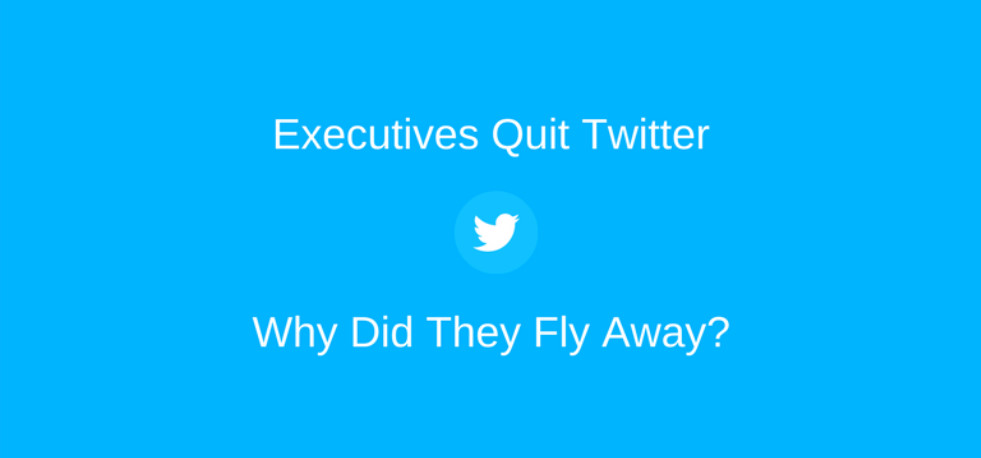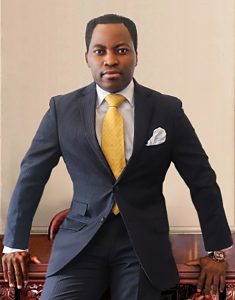Originally published on LinkedIn August 13, 2014
Disclaimer
The caption below, coincidence or structural issues, is not intended to pejoratively criticize Twitter or its former executives. This write-up simply provides an objective view, and these are similar questions we would ask any company going through the same issues, especially soft-tech companies.
Executive Exodus @Twitter, Coincidence or Structural Issues

Here are some of the items we’ll try to address
- What can hiring managers and employees learn from Twitter’s execs quitting?
- Could your corporation face the same problem?
- Questions and items to keep in mind, when hiring for key positions
Prologue
Twitter’s 2013 IPO blessed some people with windfalls, especially the executives at the top and institutional investors. Its six months lock-up period expired May 2014, which allowed about 470 million shares or 82 percent of Twitter’s equity to be available for trade. Consequently employees, VCs and other investors were free to sell their stock allotment. As a result, the combination of excess supply and Twitter’s disclosure about low user growth and engagement led to the stock plummeting 18 percent, wiping out more than $4 billion of the company’s market value.
The Story
Executives and engineers quitting Twitter is not new, it was happening back in 2011. Nonetheless, Twitter has come a long way since the days of the fail whale error message, and things have been relatively quiet and looking great after the successful IPO. Recently, four high-profile executives left in 2014. The COO second in command Ali Rowghani resigned, followed by Chloe Sladden on same day. Michael Sippey left in January, and engineering VP Chris Fry quit during the month of May. Recent departures of Rowghani and Sladden are attributed to slow growth and stalled user engagement. However there were speculations and rumors of certain executives, jostling for more power. On the first of July, Twitter announced replacing its current CFO Mike Gupta, with Anthony Noto, the Goldman Sachs banker who played a pivotal role in taking the company public. Mike Gupta is now SVP of Strategic Investments. At first glance, and without much inside knowledge, investors would have exhibited doubts, and others might have assumed things are imploding from the inside. If you were on either camp, as a nervous investor or a skeptical user/fan, you need not worry; Dick Costolo the CEO has everything under control. As opposed to diving in and writing a piece regarding why these top execs quit, or why they were replaced. I thought it might be more interesting to discuss the generic reasons why high profile people quit. After all, I wasn’t there, I can’t read minds, and I do not work at Twitter. Usually, the narrative we hear online or TV from high profile resignees read similar to “I need to spend more time with my family.” Very few CEOs or executives reveal the main reason(s), which is understandable. One of the few I can remember is Andrew Mason of Groupon who wrote, I’ve decided to spend more time with my family. Just kidding, I was fired today.
How do you hire the right fit for the long-haul?
This response is not an attempt at a corrective measure for Twitter’s executive exodus, neither is it a precautionary tale. Anyone who claims to have a silver bullet solution is blowing smoke up their own, you know what. Situations and humans are unpredictable; hence it’s impossible to guard against voluntary or involuntary attrition, especially after a company has just made its employees wealthy through an IPO wealth distribution process, and investors are expecting higher returns. In order to crystallize the notion, imagine what Microsoft secretaries who became overnight millionaires felt like back in the 80s. One cannot argue about the overwhelming urge they would have felt to quit, or perhaps retire, since the situation felt more like winning the lottery. Obviously it would be unthoughtful and insensitive to draw parallel conclusions with Twitter’s incident. More important, Twitter’s executives quitting has little, or nothing to do with bloated pockets or a windfall, executives quitting was happening long before the company went public.
Maynard Webb the author of “Rebooting Work,” and Chairman of Yahoo’s Board of Directors mentioned these five points.
- Hire people with passion and dedication
- Hire people who have something to prove e.g., former paperboys, people who sold cookies when they were younger or simply, people with entrepreneurial spirit. My two cents, Mark Cuban billionaire, and Sean Combs almost a billionaire both were former paperboys, now they are men with paper.
- Hire people who are ready, promote within the organization, you don’t have to hire the external rockstars, not all the time.
- Hire employees who can do the job today, but exhibit the prerequisites to do more and scale over three to five years, or longer.
- Hiring the wrong people is not so much the fault of the employee, but more the fault of the hiring managers.
Just to sum up Maynard Webb’s point, experience is paramount. However grit is important, and has an almost superseding quality. No level of experience, PhD or MBA from any Ivy League institution can substitute the desire and determination to win and succeed in business or Corporate America. If you don’t believe me study extremely successful people e.g., Elon Musk, Bill gates, Chris Gardner, Aliko Dangote, Richard Branson, Oprah Winfrey, John Paul Dejoria, Tyler Perry and tons more. Embodying and practicing the same traits as the aforementioned individuals, should by the very law of nature, ensure success in whatever one does.
Reasons people quit, or may want to quit high profile jobs
- Just too stressful
- They want to enjoy their life and money while they can
- No more growth opportunities
- It’s no more fun, the company is going in a different direction
- Quasi spiritual journey, however still holding on to several millions
- Spend time with their spouse and children
- The company is increasingly asking for impossible numbers or results, and pins that on one person even though it’s a team effort
- They want to enjoy the little things they missed when they were working hard to get to the top
- Travel around the world, enjoy new experiences
- Ultra ambitious people usually want to do their own thing; simply put, start their own empires.
How can hiring managers hire the right people or retain great employees?
- Ask probing questions
- Don’t hire someone because they look like you
- Don’t hire based on degree alone, or preconceived pedigree
- Honest reviews and evaluations are important; manager to employee and vice versa
- Don’t hire someone just because they attended an Ivy league school
- Don’t hire only based on past results alone, each candidate is different and unique
- Liking or not liking someone’s look has nothing to do with job performance
- The fact that the candidate did not do well on situational questions does not correlate to poor performance on the job, evaluate the entire package
- Do not think or assume you know, you might find out, you will be wrong more times than you are right.
Epilogue
At the risk of purporting to be an HR expert, which I am not. I am going to substantiate some of my theories with Malcolm Gladwell’s scientific findings. Malcom said, at a boutique consulting firm the top partners chose and jotted down new employees whom they believed will turn out to be really successful in three to five years. Each time, the executives went into the cupboard where the names were kept, they never got it right. He concluded by saying, if high level executives with decades of experience, well paid jobs, who are supposed to know so much and figure things out, got it wrong several times over the years. It means most of us don’t really know, even though we justify our chosen candidates by saying, I can feel it in my gut she’s the one, or he’s the one.
P.S. Tweet if you like or share if you prefer.





